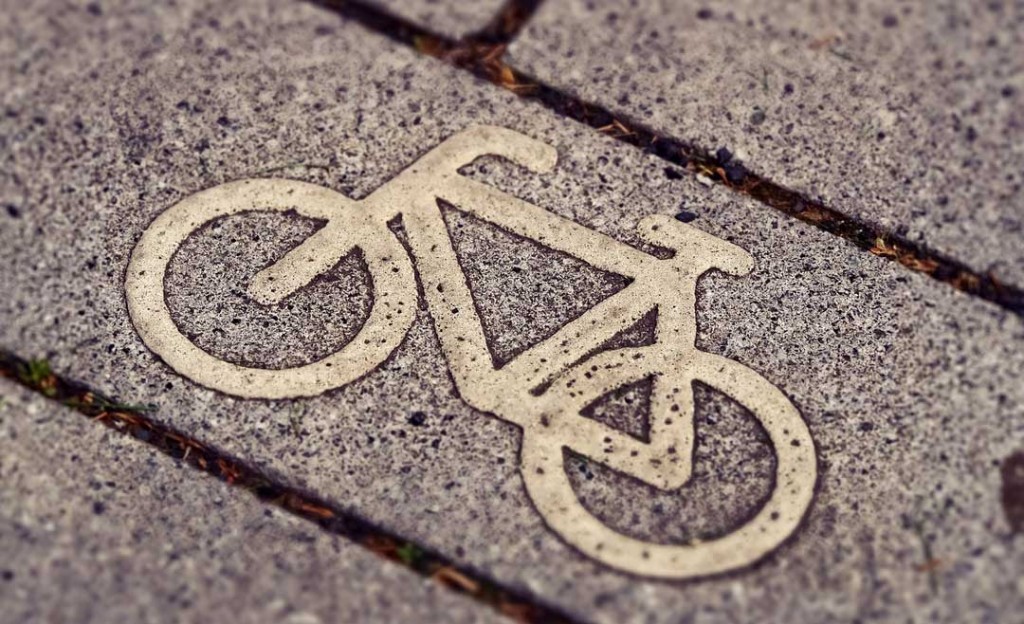Cycling to work is better for your health, mentally and physically.
The UK is a nation of hardcore commuters. The average worker in the UK today will spend over a year of their life commuting to and from — and it’s taking its toll on us mentally and physically.
Merlin Cycles challenged the commuting status quo and has proposed a better alternative which, unsurprisingly, involves cycling. They asked the question: what would happen to your body if you swapped your car for a bike for 12 months?
Today’s average commute is 56 minutes a day — an awfully long time to be sitting still listening to that radio host you can’t really stand.
Cycling can help alleviate the three key side effects of commuting:
● Stress
● Lack of exercise
● Expenses
Here’s how.
1. Stress
Your commute now
In a study by the Royal Society for Public Health, over half of respondents said that commuting increased their stress levels.
Another study from the Office of National Statistics (ONS) found that those who have to travel over half an hour each way report higher levels of anxiety than those who don’t endure long commutes.
That means that the majority of UK workers are already stressed by the time they get to work. That’s bad news when stress has such a detrimental impact on productivity.
On the bike
As with any form of cardiovascular exercise, cycling directly counters the effects of stress.
Even on your first ride, that pedal power gets you pumping more oxygen into your bloodstream. When all that extra oxygen reaches your brain, it encourages the release of endorphins — the ‘happiness’ hormone.
Better still, it suppresses the release of the ‘stress’ hormone, cortisol.
All that works to put you in a better mood for the rest of the day. In fact, just 20 minutes of cycling could make you happier for up to 12 hours.
Of course, one of the cons of cycling is that it can be stressful dealing with rush-hour motorists. But with so much public support for more protected cycling lanes in the UK, future funding will make the commute safer for cyclists going forward.
2. Lack of physical activity
Your commute now
In the RSPH study, more than 40 per cent of respondents said that their commute to work decreases the time they spend being physically active.
The responses align with research conducted in Texas, which found that longer commutes correlate with poorer cardiovascular fitness, increasing the likelihood of heart disease.
With the average commute to work in the UK taking 56 minutes, it’s no wonder that physical activity is taking a sideline. Between a demanding job and a family to provide for, there’s little time left to hit the gym for many people, especially when their car ride to work is carving out 5 or 6 hours of their week.
On the bike
Cycling is a fairly obvious solution to the problem of the sedentary commute. If the average commuter spent the same amount of time cycling as they currently do commuting, they would burn 560 calories a day. That’s 2,800 calories a week.
And there are more physical benefits than just losing that belly fat. Cycling regularly improves your lung capacity, meaning you get more oxygen to your muscles to alleviate those aches and pains you get from sitting at your desk or in the driver’s seat for hours on end.
Plus, you’ll sleep better as a result, making you more focused and energised the next day.
3. Expenses
Your commute now
Most of us don’t think twice about how much of our finances we sink into getting to work every day — but how much is it actually costing us?
Total Jobs found that the average person spends £146 a month commuting to and from work. That’s over £1,750 a year.
To make matters worse, it’s getting more expensive all the time. That all adds up to some deep cuts into your net pay.
On the bike
One thing that puts people off cycling to work is the fact that they don’t want to make that first purchase: the bike itself.
But when you put things into perspective, buying a bike costs very little in the long run.
You should be able to find a decent bike for commuting for around £400. That might sound a lot, but if you spend the same as the average commuter, you’ll make that up in a couple of months.
And if you’re driving a car on a lease, the monthly cost of finance plus petrol and insurance might even be the same as purchasing that bike!
In the course of your first year cycling to work, you could to save as much as £1,500 on travel costs alone.
You could save even more by taking part in a Cycle To Work scheme, which lets you get a bike for commuting tax-free.
Better on two wheels
You don’t need to be a victim to your daily commute. Cycling lets you take it back and use it for good.
It means you get regular exercise without taking time away from your home life. It cuts down your stress and leaves you feeling happier. And finally, it means you can easily top up your rainy-day fund with all the savings you’re making on monthly travel expenses.















